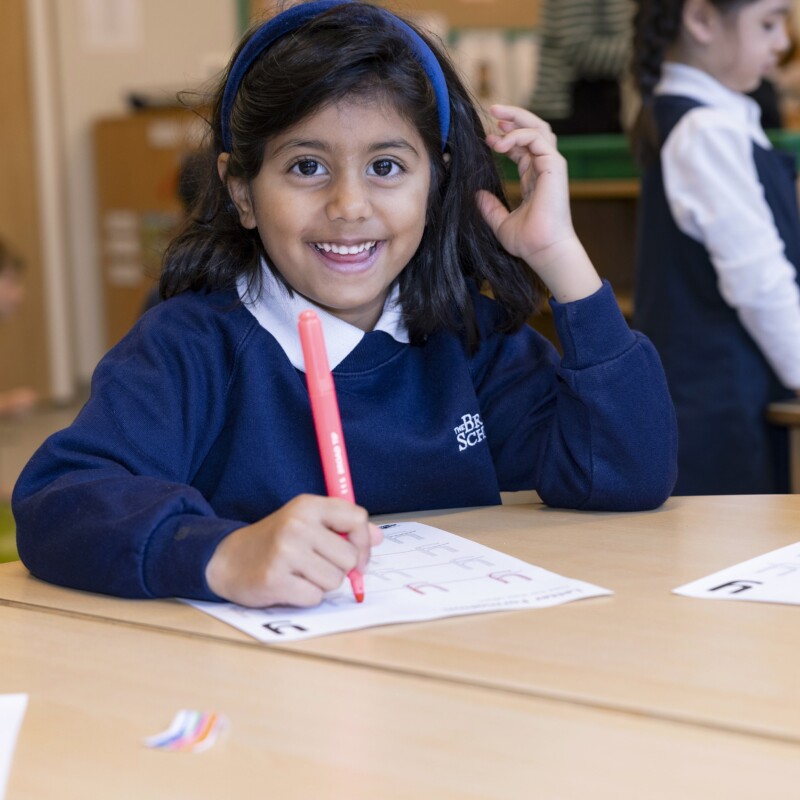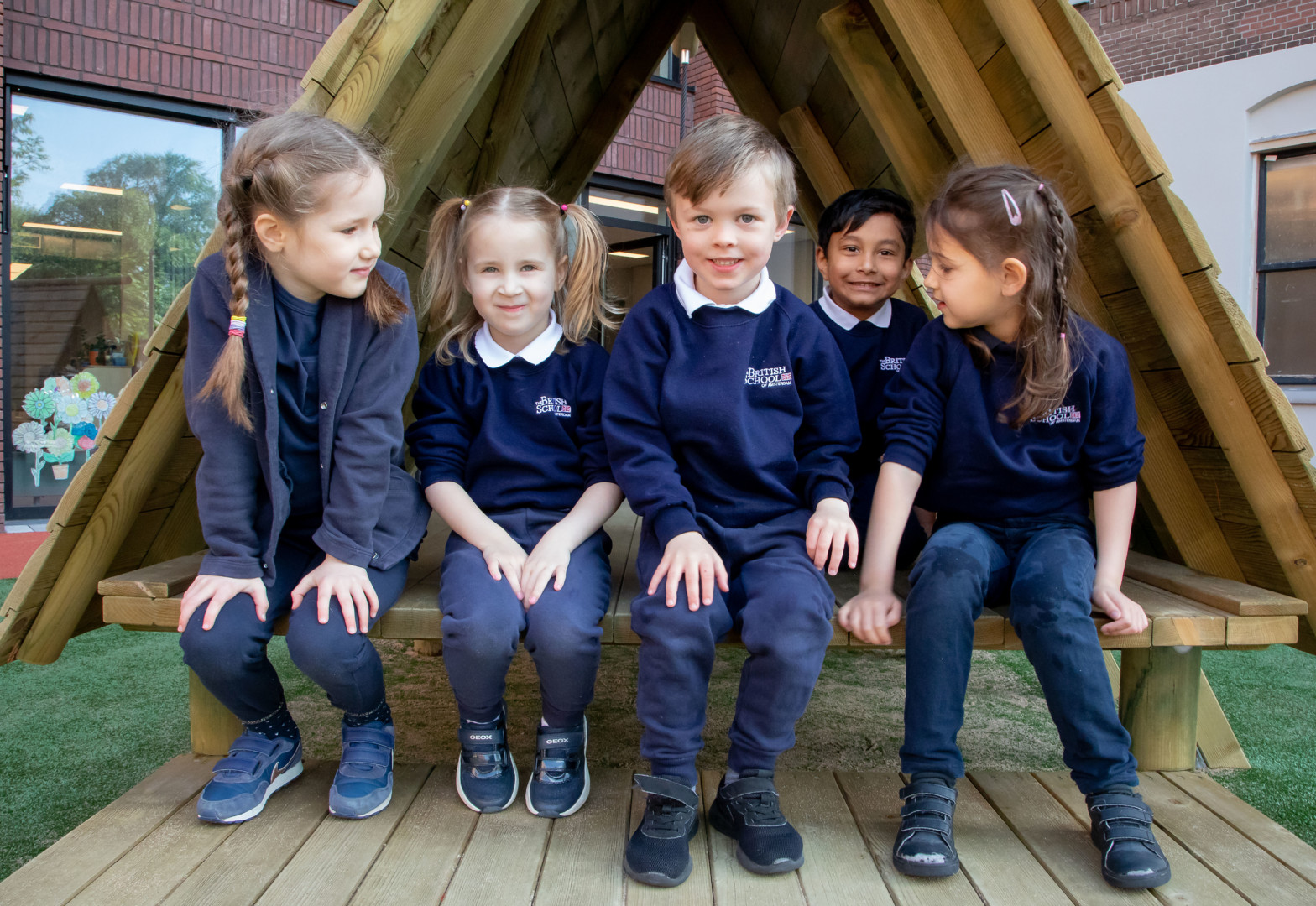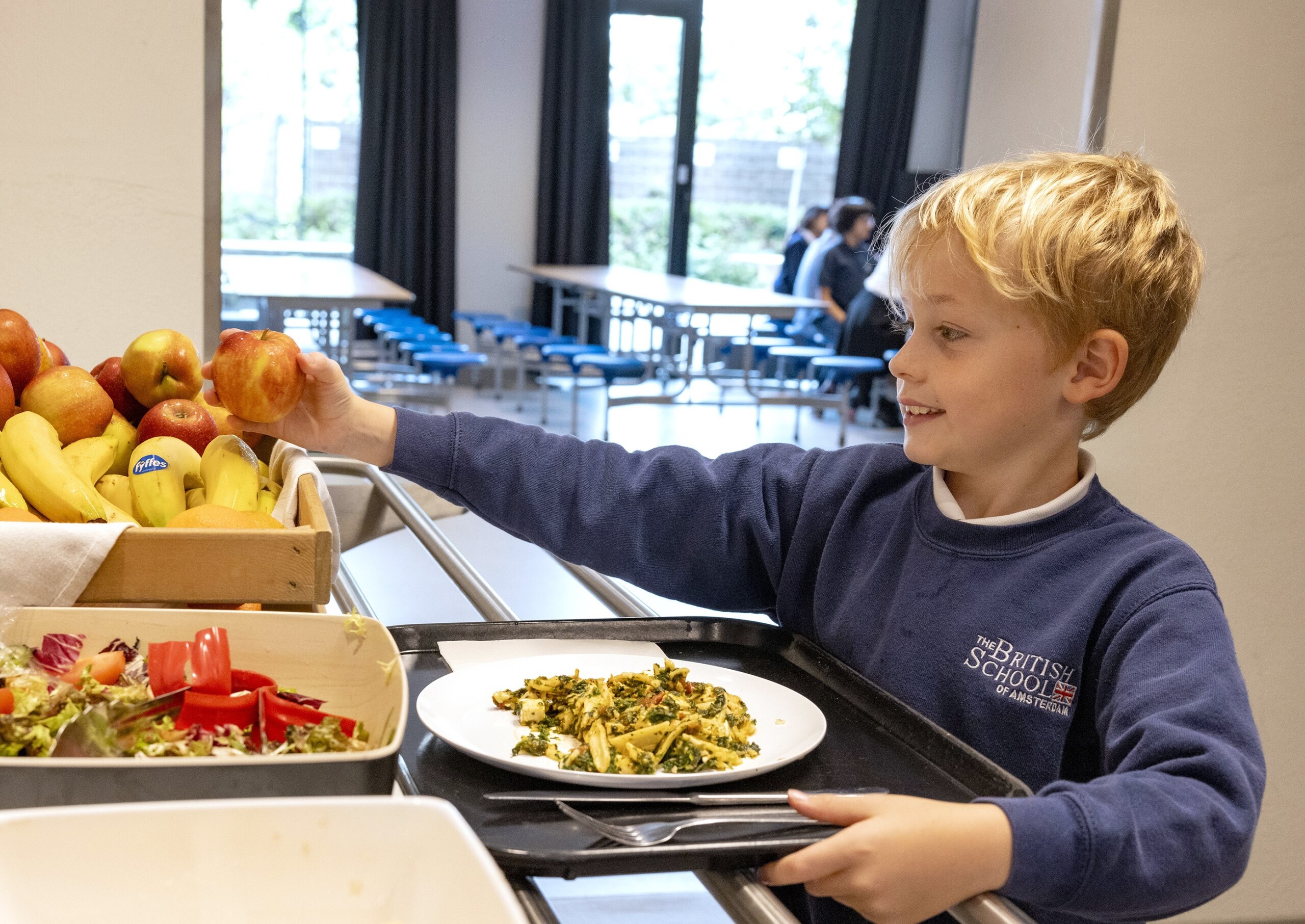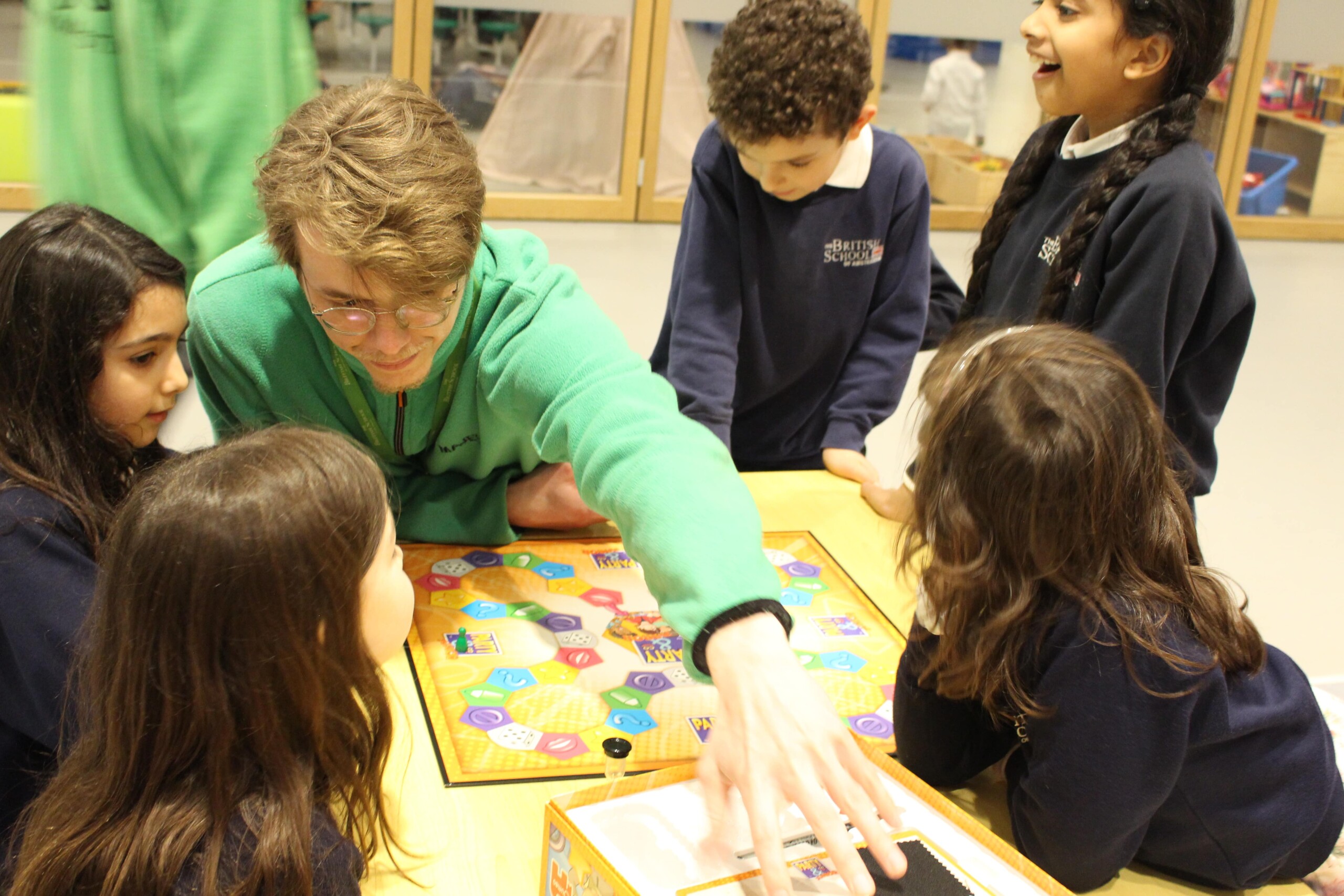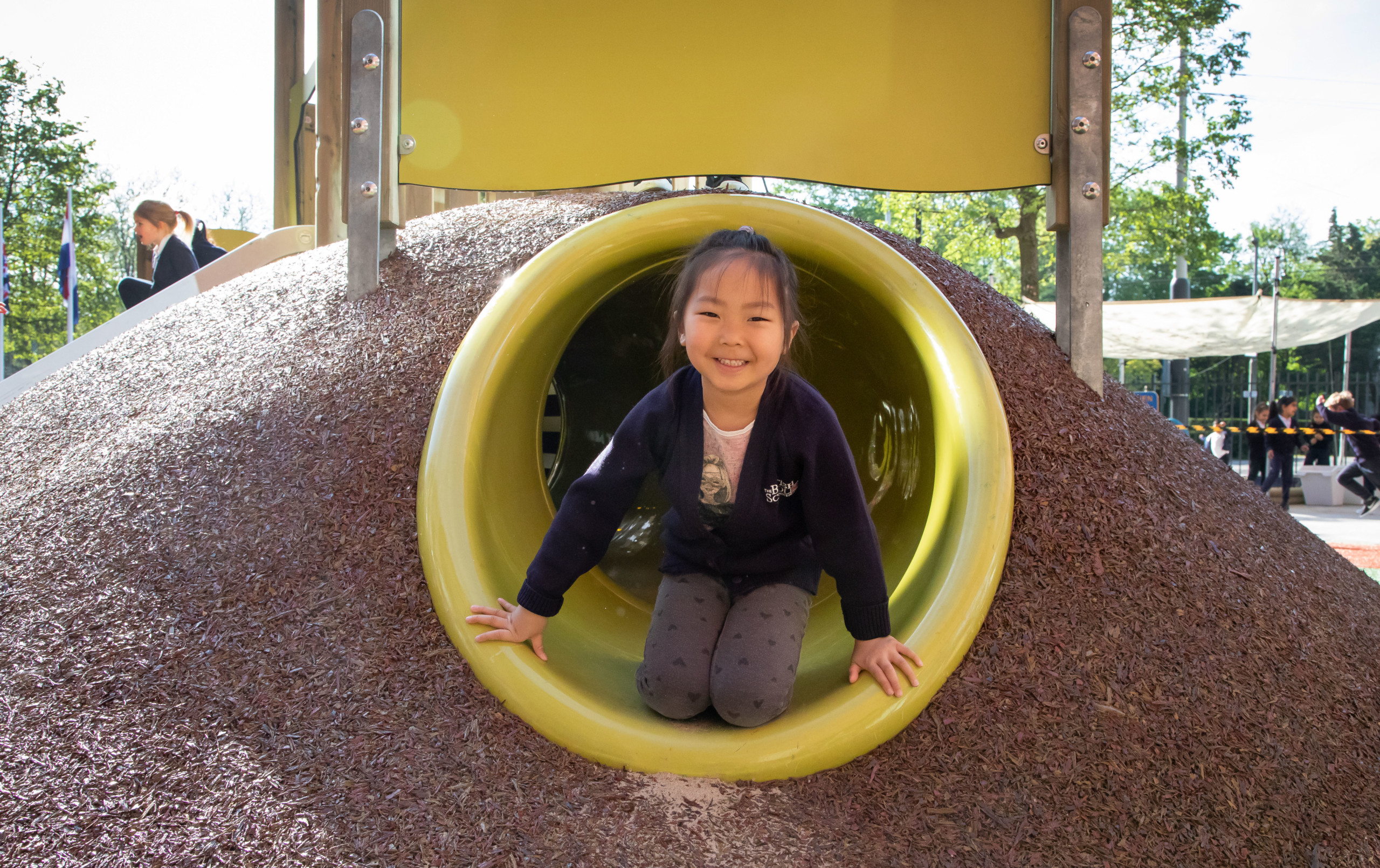Our Early Years staff strive to provide an inspiring, stimulating and exciting environment where everyone feels valued, safe and well cared for. We want children to have fun and enjoy success in all aspects of their education.
The Early Years School is made up of Nursery, Reception and Year 1. Each teaching room has a SmartBoard and access to a set of iPads.
Nursery
In Nursery, there are three classes, with one Teacher and three Nursery Officers for each class. A maximum of 25 children attend each session.
The Nursery is a bright and caring environment with a child centred approach to learning and a high teacher to child ratio. Children are encouraged to develop their social, emotional, physical and intellectual skills through a carefully structured and varied programme suitable to their age, ability and needs.
Attendance is flexible to cater for the child’s first experience of school, with a minimum of five sessions per week. Each session allows opportunities for free play and for working on a directed task as a member of a small group.
Please note that in order for a child to join the Nursery, they should be fully toilet trained. You can see the expectations under our Conditions of Enrolment.
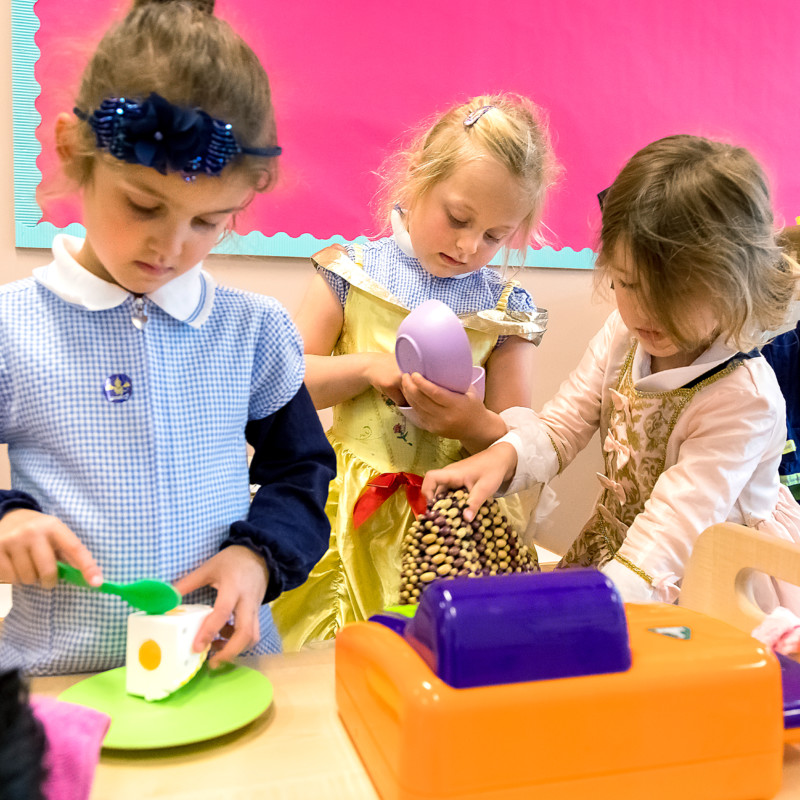
Reception
Children enter Reception in the academic year that they turn 5 years old. The school year runs from 1 September to 31 August.
There are four Reception classes with a maximum class size of 24. There is a Teacher and a Nursery Officer/Teaching Assistant in each class.
Reception marks the entry into the main school. Following a programme based on the Early Years Foundation Stage Curriculum, children are given opportunities to develop their academic, physical, creative and social skills and to widen their understanding of the world in a secure and vibrant learning environment.
The basic skills of reading and writing are introduced and developed through a daily literacy lesson and a daily numeracy lesson introduces children to basic mathematical concepts upon which they will build throughout their school life. Either English or Dutch is introduced as a modern foreign language.
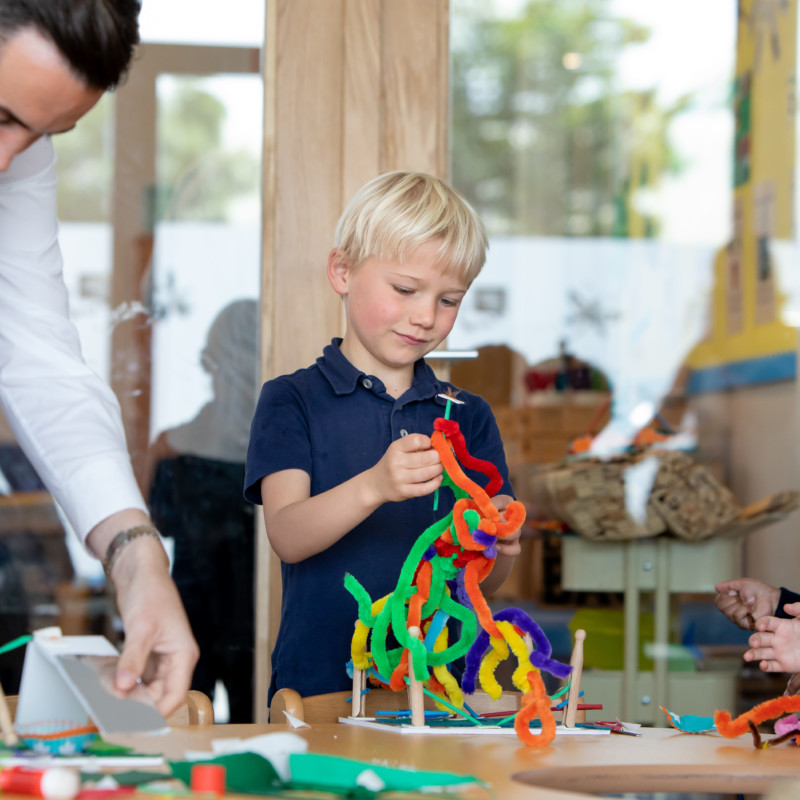
Year 1
Children enter Year One in the academic year that they turn 6 years old.
The school year runs from 1 September to 31 August.
There are four Year 1 classes with a maximum class size of 24. There is a Teacher and a Nursery Officer/Teaching Assistant in each class.
The children follow the National Curriculum used in England which provides pupils with an introduction to the essential knowledge they need to be educated citizens.
The national curriculum is just one element in the education of every child. There is time and space in the school day to range beyond the curriculum specifications. The curriculum provides an outline of core knowledge around which teachers can develop exciting and stimulating lessons to promote the development of pupils’ knowledge, understanding and skills as part of the wider school curriculum.
English and Dutch are taught as additional languages by specialist teachers. Native Dutch is taught to children who speak Dutch in the home. In addition children have specialist music lessons.
